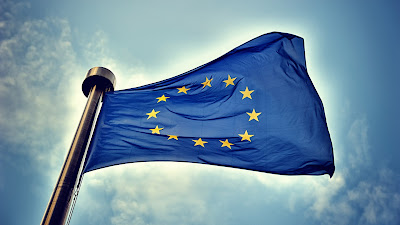The German chancellor, Angela Merkel, and other EU leaders are racing
to clinch a €3bn (£2.4bn) deal with Turkey’s strongman president, Recep Tayyip Erdoğan, to halt the mass influx of migrants and refugees into Europe.
All 28 national EU leaders are expected to host Erdoğan at a special
summit in Brussels within weeks to expedite a pact that would see Turkey patrolling the EU’s southern border with Greece and stemming the flow of hundreds of thousands of refugees, mainly from Syria.
In return, Ankara would get €3bn over two years and the EU would also
probably agree to resettle hundreds of thousands of refugees in Europe directly from Turkey.
No EU country, not even Germany, has committed to paying its share of
the €3bn bill except Britain. In what appears to be a unique event in
David Cameron’s chequered history of relations with the EU, the prime
minister, while in the Maltese capital of Valletta, offered €400m for
the Turkey plan, the only financial pledge yet delivered. That figure is
roughly in line with a breakdown of expected national contributions by
the European commission and would make Britain the second biggest
participant after Germany.
An emergency EU summit in Valletta heard from EU negotiators on
Thursday that Erdoğan was demanding two quick moves by the Europeans to
pave the way for a deal – €3bn over two years and a full summit. Senior
EU sources said the message from Ankara was that the price tag would
rise if it was not accepted now.
Merkel wasted no time in agreeing, witnesses to the closed-door
summit exchanges said. She told her fellow EU leaders that she was ready
to put money on the table and proposed 22 November as the summit date.
She later said the date was not set because it had to be agreed with
Ankara, but that it would be around the end of the month. The French
president, François Hollande, echoed that view.
The summit would demonstrate the “very close cooperation” between the
EU and Turkey on the refugee crisis, said Merkel, although there has
been minimal cooperation so far.
Turkey is home to 2.3 million Syrian war refugees and at least
500,000 of them have crossed into Greece this year before trekking
through the Balkans heading for Germany. Merkel has long been convinced
that a deal with Erdoğan is the key to what she describes as the biggest
challenge of her career. But there is strong scepticism across the EU
that the increasingly authoritarian Erdoğan is a reliable partner who
will deliver, as well as strong reservations about his record on civil
and human rights.


No comments:
Post a Comment